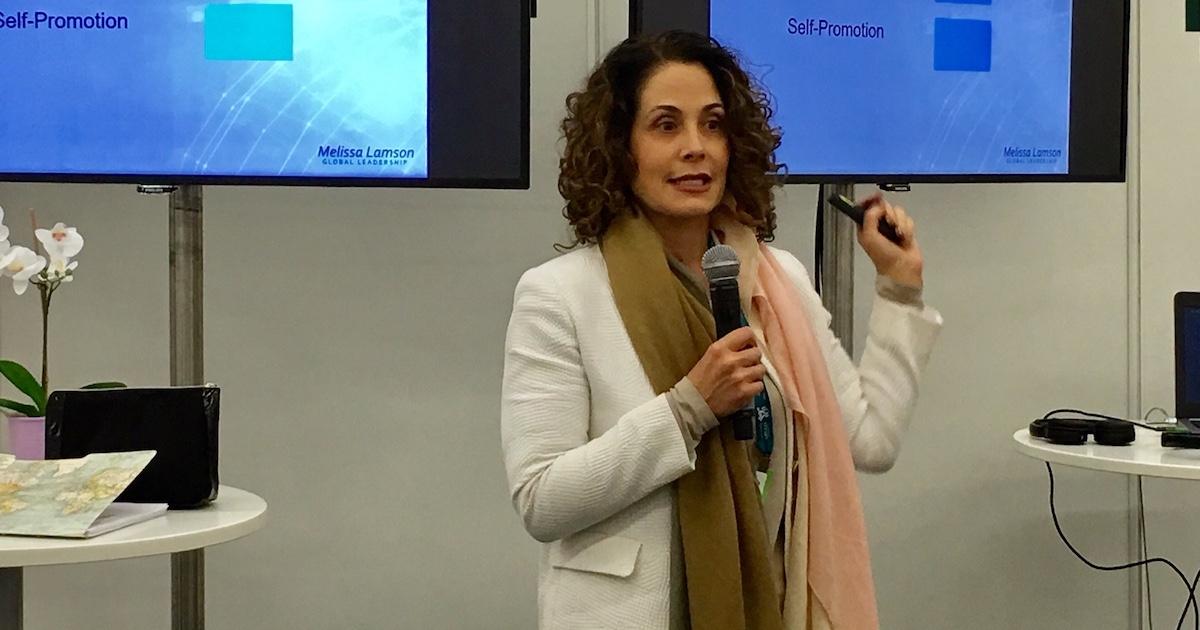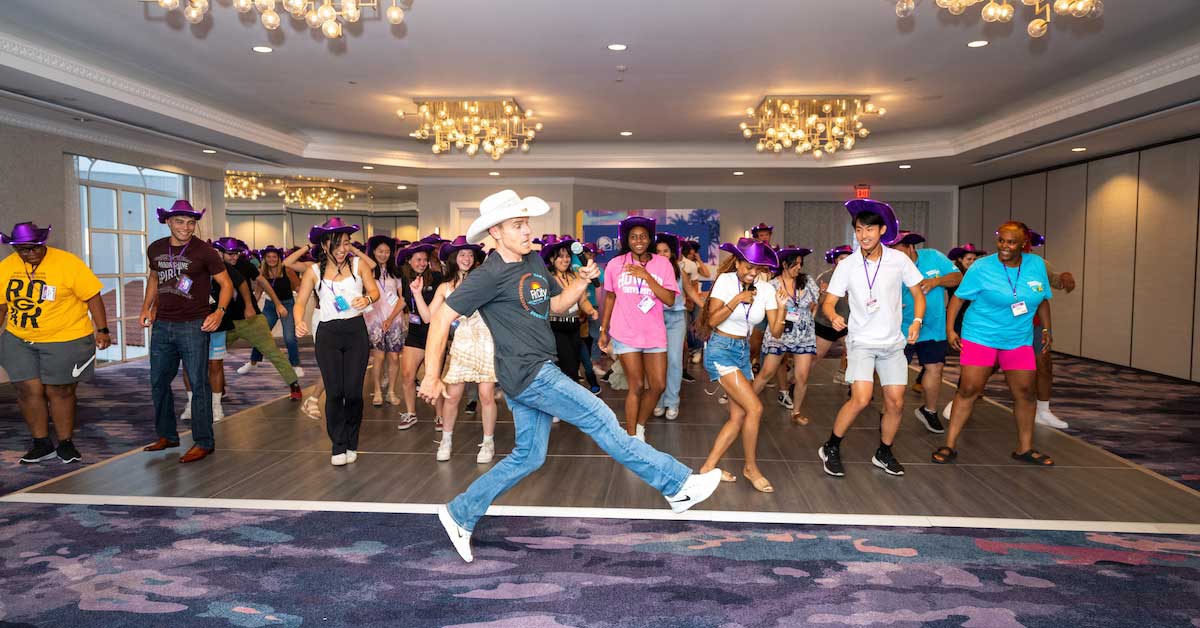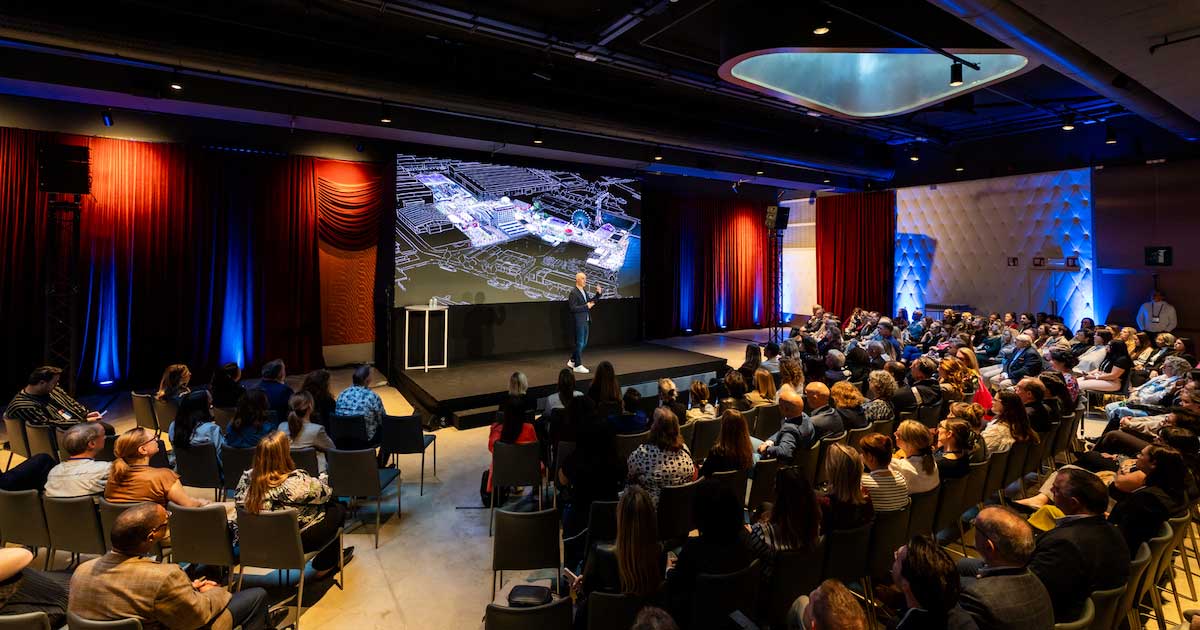Melissa Lamson uses her global expertise to help companies, managers and leaders develop inclusive teams, expand their business and achieve results. Her latest book, The New Global Manager: Learning to Manage Well in a Complex Business Environment, has just been released.
Diversity is a hot topic for all organizations. Why is it so important for them to grasp it?
Diversity in organizations is a given. People bring their unique behaviors, values and life experiences to the workplace. It’s a question of whether the organization acknowledges and embraces the differences, leverages them for the good of the organization or assigns a mode of operation and expects employees and leaders to adapt. Adapting isn’t necessarily negative, but if it is at the expense of someone being themselves or hiding a part of themselves, that will cost a lot of energy. More than 70 percent of employees are actively disengaged at work today globally. Organizations need to continue to find ways for individuals, leaders and teams to feel empowered and supported in the workforce. Embracing diversity and developing a strategy for inclusion is the key to employee engagement.
What gains are to be made by adopting a more inclusive approach?
Several gains are to be made when organizations intentionally adopt a more inclusive approach. Priority is placed on getting to know what motivates individuals. Employees feel accepted and encouraged. Communication is streamlined. The work environment is calmer, happier. Teams have less downtime and misunderstanding. Managers exercise their coaching skills more than simply stating directives or to-dos that need to get done.
How does this feed into the meetings and events sphere, specifically?
Due to the nature of events, meeting planners need to get many different partners up and running toward an end goal, ensuring that large audiences are served with consistency and quality. What’s challenging, and perhaps unique, is that meeting planners have to use influence, not authority, to motivate the various diverse parties to work on and deliver toward the goal. If those parties can see the end goal, understand their part in it and feel motivated to serve it, it becomes easier for a meeting planner to reach the goal successfully. These vendors and partners may have diverse company cultures, diverse communication styles and diverse approaches. A meeting planner needs to accept and merge those while allowing for their unique and valuable contribution. Inclusion in this case truly becomes an art form.
What are the key attributes of inclusive leaders and where do we find them?
An inclusive leader has empathy and compassion. It sounds trite, but if they can step into another’s shoes and truly feel another’s experience, then they are able to develop a strategy for inclusion in their organization. You can identify an inclusive leader because they listen well. They are curious and ask questions. In my experience, those leaders with backgrounds that may have experienced hardship or discrimination tend to be more empathic and therefore more inclusive. Leaders who have a lot of global experience tend to be understand diverse worldviews, and that breeds compassion.
Why is leadership still important in a world where hierarchies are flattening and technology is empowering everyone to have a say?
I think it’s more a question of what kind of leadership do we need. I believe leaders need to evolve from the all-powerful decision maker and director of their organization to a facilitator of conversations that lead to a more holistic and innovative answer. In other words, a leader should use communication methods that encourage discussion and debate, include multiple opinions and ideas and then use intelligence and experience to decide on a path forward. These leaders need to also be open to being wrong or shifting direction when needed.
What will the leaders of tomorrow look like?
Tomorrow’s leaders will need empathy, interpersonal skills, a global mindset and the ability to listen and truly hear the needs of those they lead. More and more processes will be automated, and technology will advance in such a way that we will not need people to run machines, but to interact with other humans. They way leaders communicate with others will be the most important aspect of their job.







